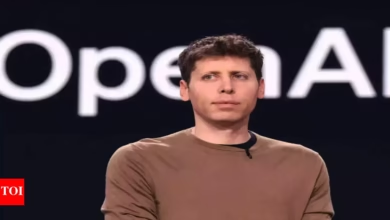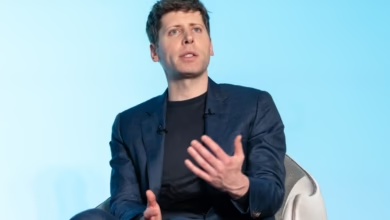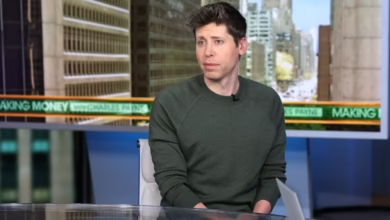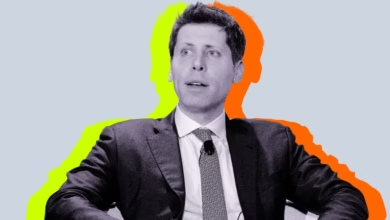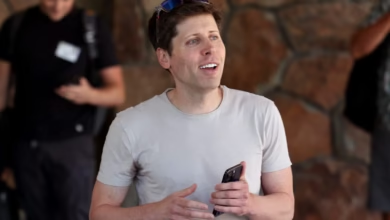OpenAI Abandons For-Profit Shift Amid Backlash

▼ Summary
– OpenAI reversed its plan to split off commercial operations, keeping its nonprofit board in control after criticism from civic leaders and attorneys general.
– The decision marks a shift from the previous proposal to establish OpenAI as a Public Benefit Corporation with limited nonprofit oversight.
– Critics, including Elon Musk and former employees, argued the original restructuring would reduce oversight of OpenAI’s technology, leading to Musk’s ongoing lawsuit.
– A court ruled Musk adequately claimed OpenAI breached an implied contract but dismissed some claims, including that he was misled by public statements.
– The original restructuring plan aimed to attract investors and grant CEO Sam Altman equity, diverging from OpenAI’s nonprofit mission.
OpenAI has reversed course on its controversial plan to transition into a for-profit entity, opting instead to maintain its nonprofit governance structure following widespread criticism. The decision marks a notable retreat from earlier proposals that would have significantly altered the organization’s oversight model and financial incentives.
In a blog post detailing the reversal, CEO Sam Altman explained that the choice stemmed from consultations with civic leaders and discussions with state attorneys general. The nonprofit board will retain full control over operations, abandoning a previous framework that would have relegated it to a minority shareholder role in a new for-profit subsidiary.
This pivot represents a stark departure from OpenAI’s December restructuring proposal, which envisioned converting the company into a Public Benefit Corporation—a hybrid model allowing profit motives while maintaining some social responsibility commitments. Critics, including former employees and Elon Musk, argued the move would erode accountability over the company’s powerful AI technologies. Musk, who co-founded OpenAI before departing in 2018, filed a lawsuit alleging the restructuring violated the organization’s founding principles.
A recent court ruling partially validated Musk’s claims, finding that OpenAI may have breached an implied contract by leveraging his early investments without proper acknowledgment. However, the court dismissed several allegations, including claims that Musk was misled by OpenAI’s public statements—some of which he reportedly helped draft.
The abandoned restructuring plan, first reported by Reuters in September, aimed to attract deeper investment by adopting a traditional corporate structure. Under that proposal, Altman stood to gain equity—estimated at 7% ownership—a shift that clashed with OpenAI’s original mission-driven ethos. The reversal underscores the challenges of balancing commercial ambitions with ethical oversight in the rapidly evolving AI sector.
(Source: Ars Technica)
